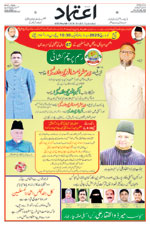PM Modi says more than 30 indigenous vaccines are being developed in the country
Tue 20 Oct 2020, 09:36:50
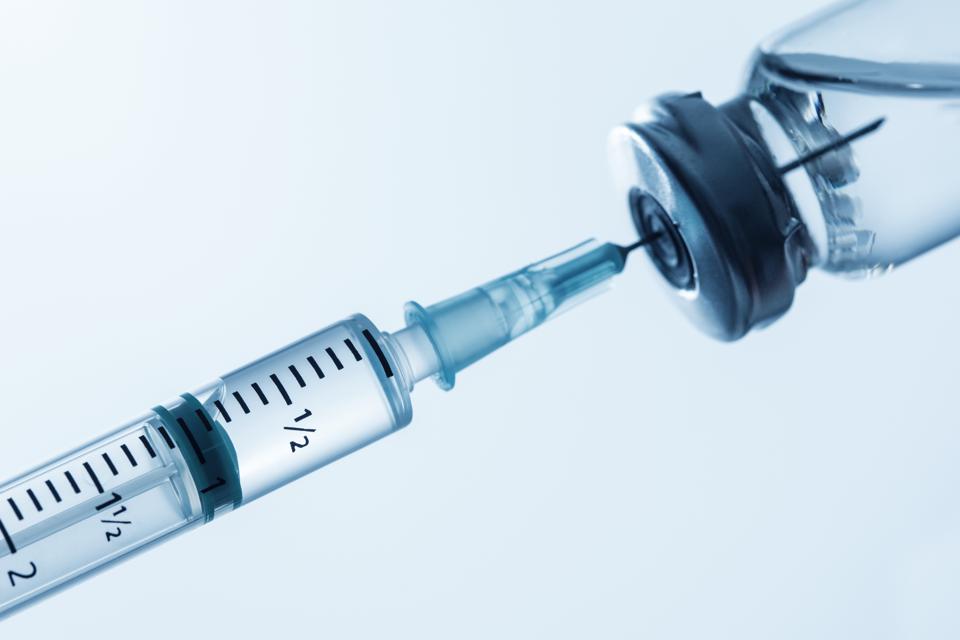
Prime Minister Narendra Modi has said that India is now at the forefront of vaccine development for COVID-19. Mr Modi said, more than 30 indigenous vaccines are being developed in the country and three of them are in an advanced stage. He asserted that India is already working on putting a well-established vaccine delivery system in place.
Prime Minister was delivering the virtual keynote address at the inaugural function of Grand Challenges Annual Meeting (GCAM) 2020 yesterday evening. Mr Modi said, this digitised network along with digital health ID will be used to ensure immunisation of the citizens. He said, thanks to a people powered and people driven approach, India kept its COVID-19 death rate very low. The Prime Minister said, today, India is witnessing a decline in the number of cases per day and the growth rate of cases. He said, India has one of the highest recovery rates of 88 percent.
Mr Modi said, it happened because, India was one of the first countries to adopt a flexible lockdown when the total cases were just a few hundred. He said, India was one of the first to encourage the usage of masks and it also actively began to work on effective contact-tracing. He added that India was one of the earliest to deploy the rapid antigen tests. Mr Modi said, India has also innovated CRISPR gene editing technology.
He said, beyond Covid too, India is known for its proven capacity to produce quality medicines and vaccines at low cost. The Prime Minister emphasized that more than 60 percent of the Vaccines for Global Immunisation are being manufactured in India. Mr Modi said, we included Indigenous Rotavirus Vaccine in the Indradhanush Immunisation programme. He said, this is a successful example of a strong partnership or for long lasting results.
Mr Modi said, the Gates Foundation has also been a part of this particular effort. The Prime Minister said, with India’s experience and research talent, we will be at the centre of global healthcare efforts and we want to help other nations enhance their capacities in these sectors.
Mr Modi said, the future will be shaped
by societies that invest in science and innovation. He said, but, this cannot be done in a short-sighted manner so therefore one has to invest in science and innovation well in advance to reap benefits at the right time. The Prime Minister said, the journey to these innovations must be shaped by collaboration and public participation.
by societies that invest in science and innovation. He said, but, this cannot be done in a short-sighted manner so therefore one has to invest in science and innovation well in advance to reap benefits at the right time. The Prime Minister said, the journey to these innovations must be shaped by collaboration and public participation.
Mr Modi said, science will never prosper in silos and the Grand Challenges Programme has understood this ethos well. He said, India has a strong and vibrant scientific community and there is also good scientific institutions which have been India’s greatest assets, especially during the last few months, while fighting COVID-19. Mr Modi said, from containment to capacity building, they have achieved wonders.
Prime Minister stressed that Government is setting up more medical colleges especially in rural areas and it will ensure more opportunities for the youth and will bring better healthcare to the villages. Mr Modi said, Government of India is running the world's largest health insurance scheme and ensuring access to everyone. The Prime Minister said, sanitation, improved cleanliness and more toilet coverage have helped the poor and under-privileged and also lead to a reduction in diseases. He said, Government is now ensuring that each household gets piped drinking water and it will further ensure disease reduction.
The three-day brainstorming programme will feature leaders talks, panel discussions and virtual informal conversations on various topics. These topics will range from scientific interventions for fighting the pandemic, managing the pandemic and accelerating the development and implementation of global solutions to combat present pandemic and prevent future one.
The Grand Challenges Annual Meeting 2020 is being co-hosted by the Bill and Melinda Gates Foundation, Department of Biotechnology, Ministry of Science and Technology, Government of India, the Indian Council of Medical Research and NITI Aayog, along with the Grand Challenges Canada, the United States Agency for International Development and Wellcome.
No Comments For This Post, Be first to write a Comment.
Most viewed from National
Most viewed from World
AIMIM News
Delhi Assembly polls: Owaisi leads Padyatra in Okhla
Feb 01, 2025
We reject this Waqf Amendment Bill: Asaduddin Owaisi
Jan 30, 2025
Latest Urdu News
Most Viewed
May 26, 2020
Which team will win the ICC Men's Champions Trophy 2025 held in Pakistan/Dubai?
Latest Videos View All
Like Us
Home
About Us
Advertise With Us
All Polls
Epaper Archives
Privacy Policy
Contact Us
Download Etemaad App
© 2025 Etemaad Daily News, All Rights Reserved.

.jpg)
.jpg)
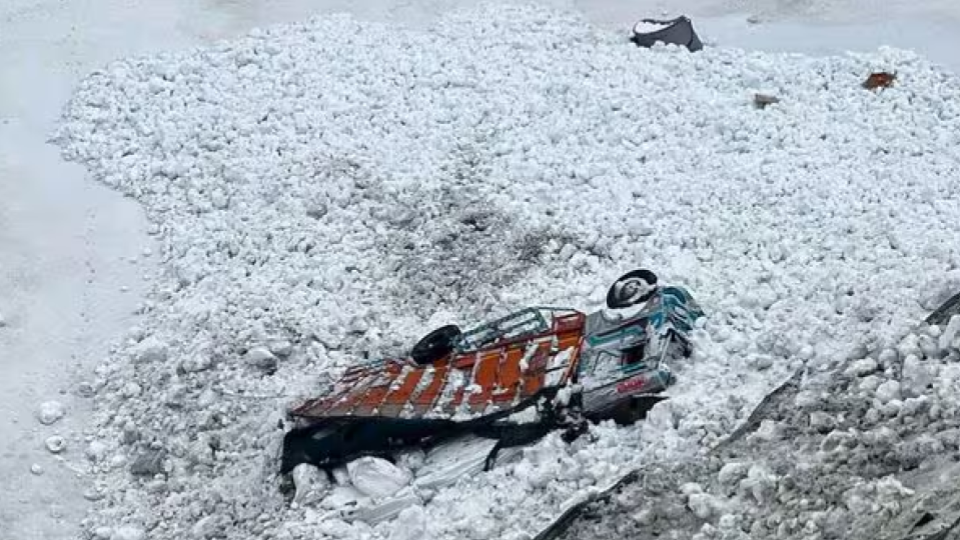
.jpg)
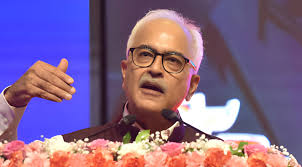
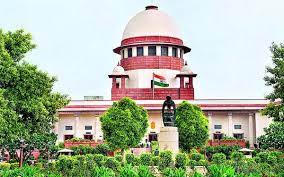
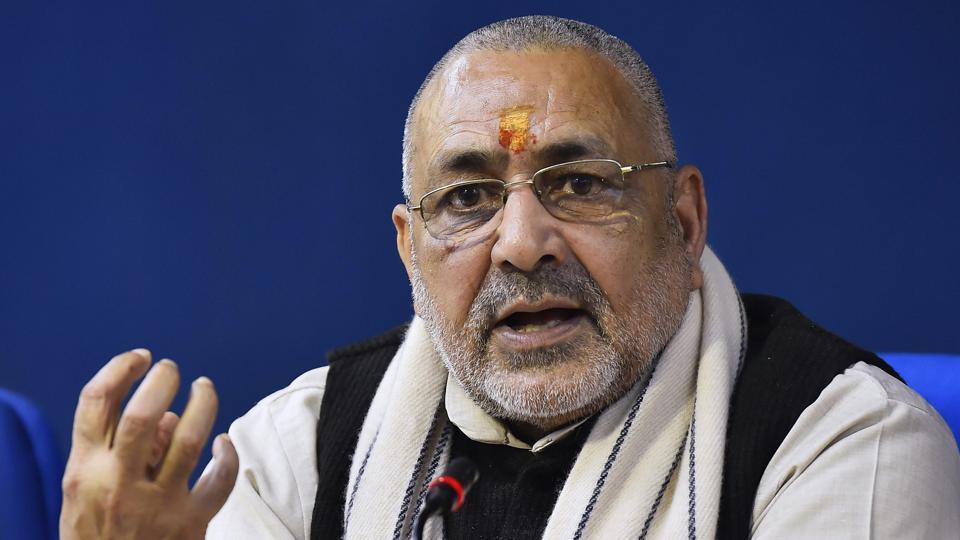
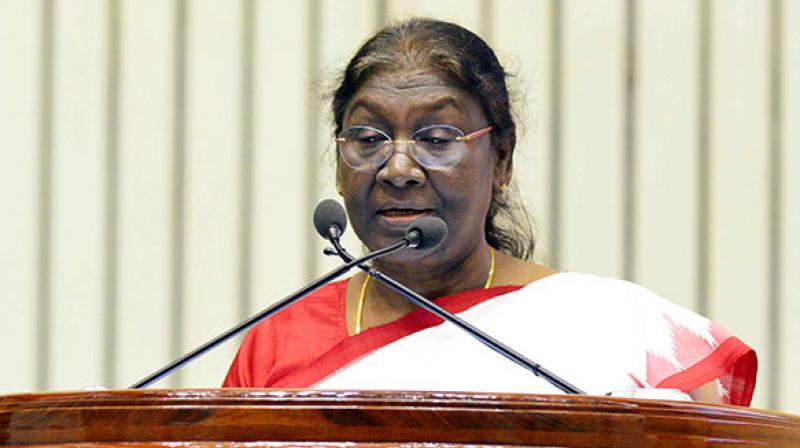
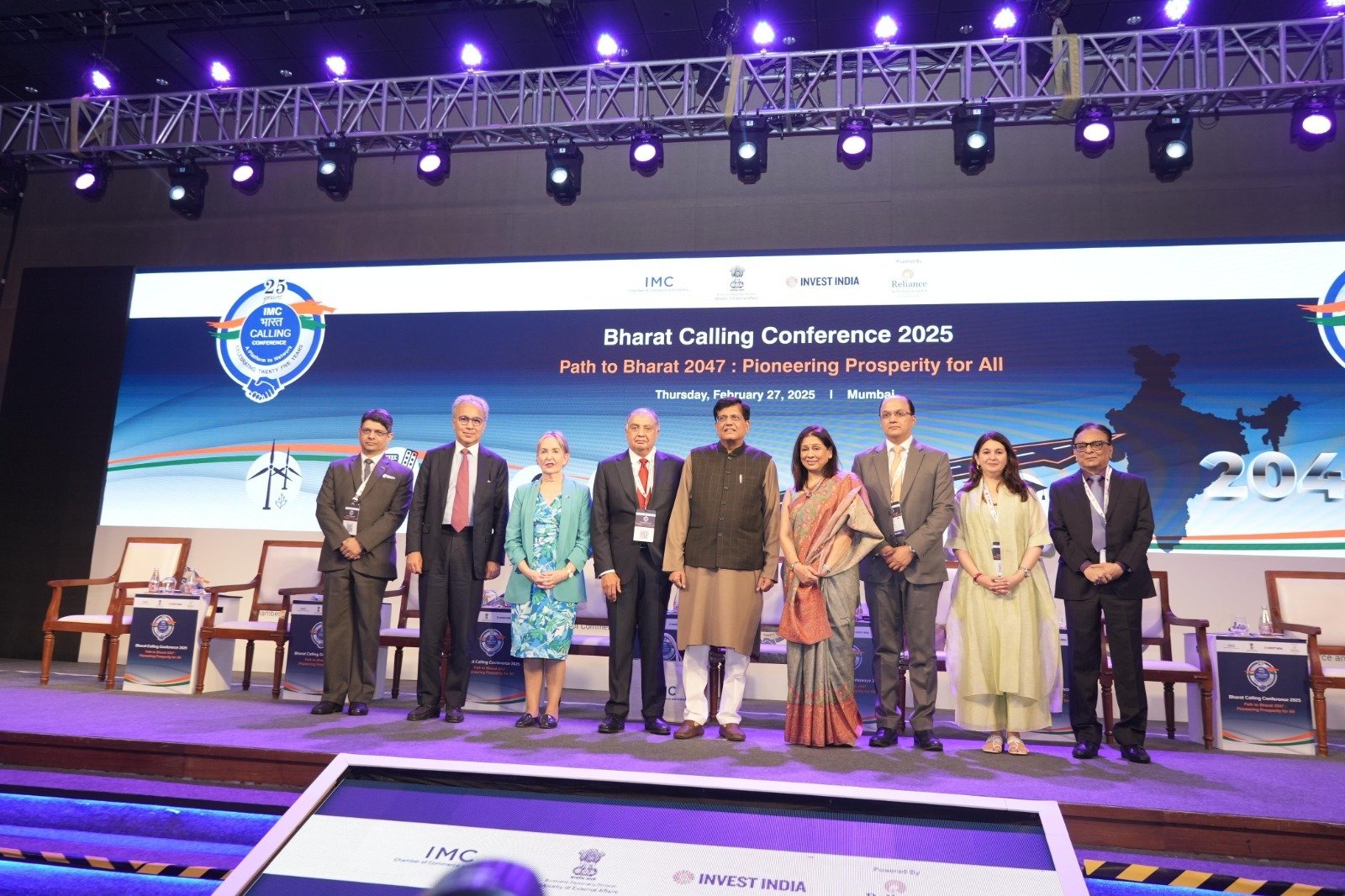
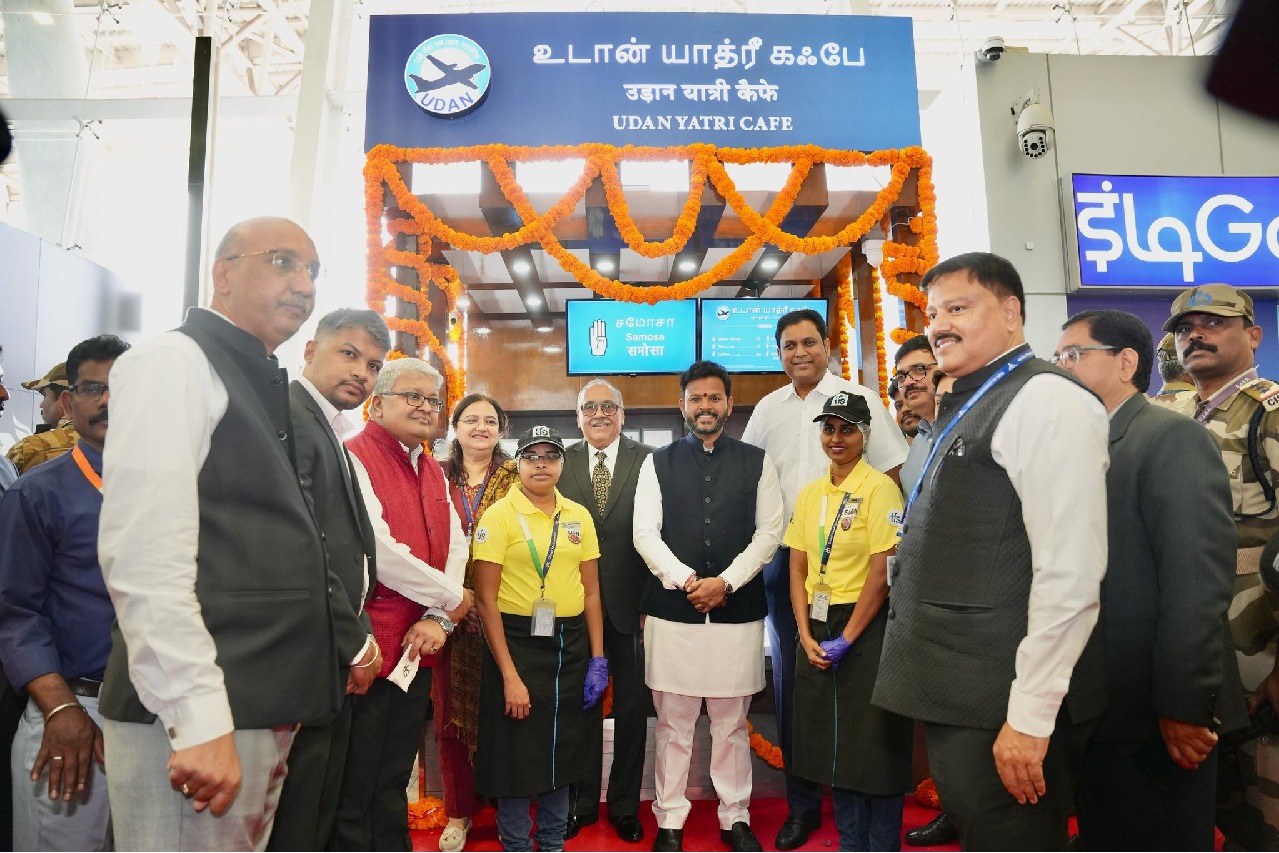
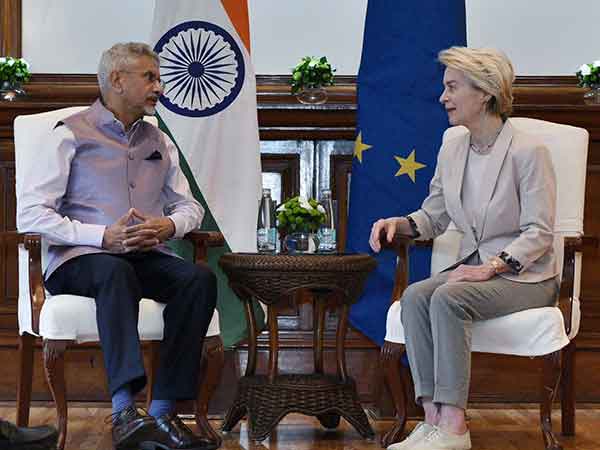
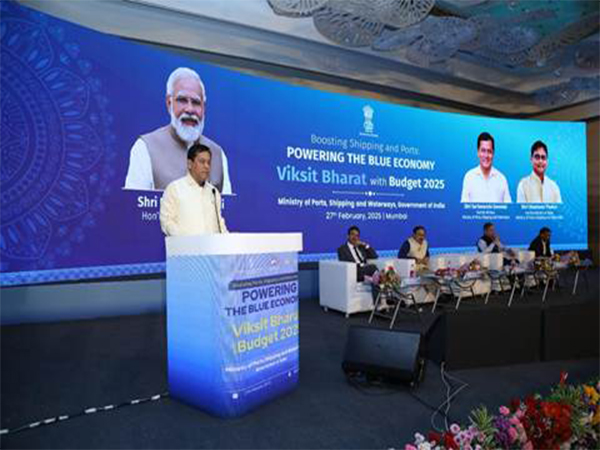
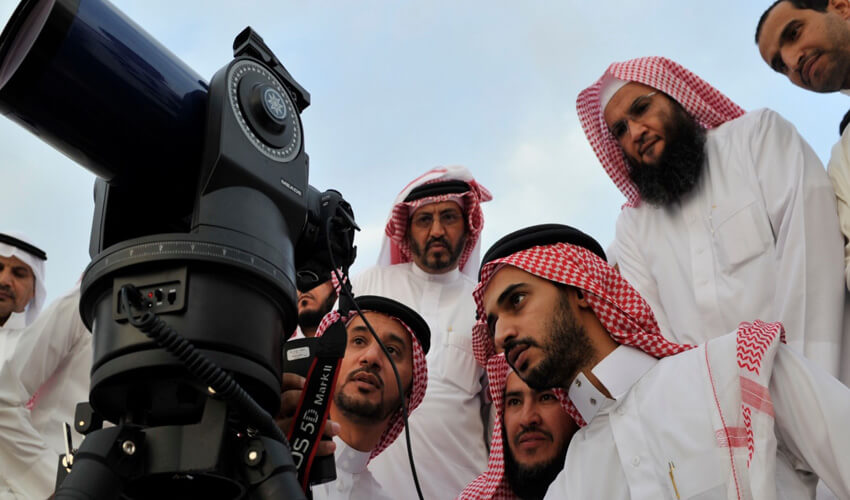

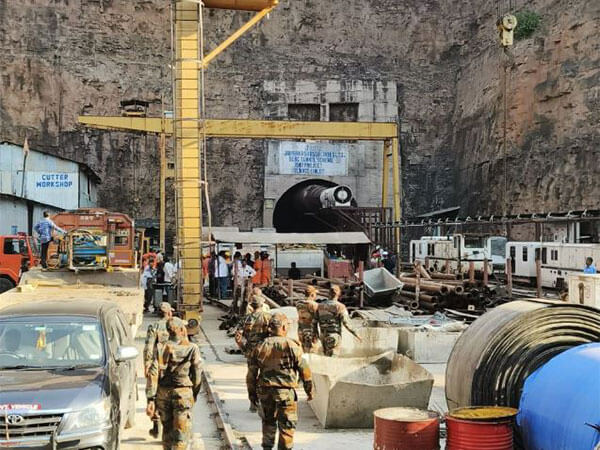
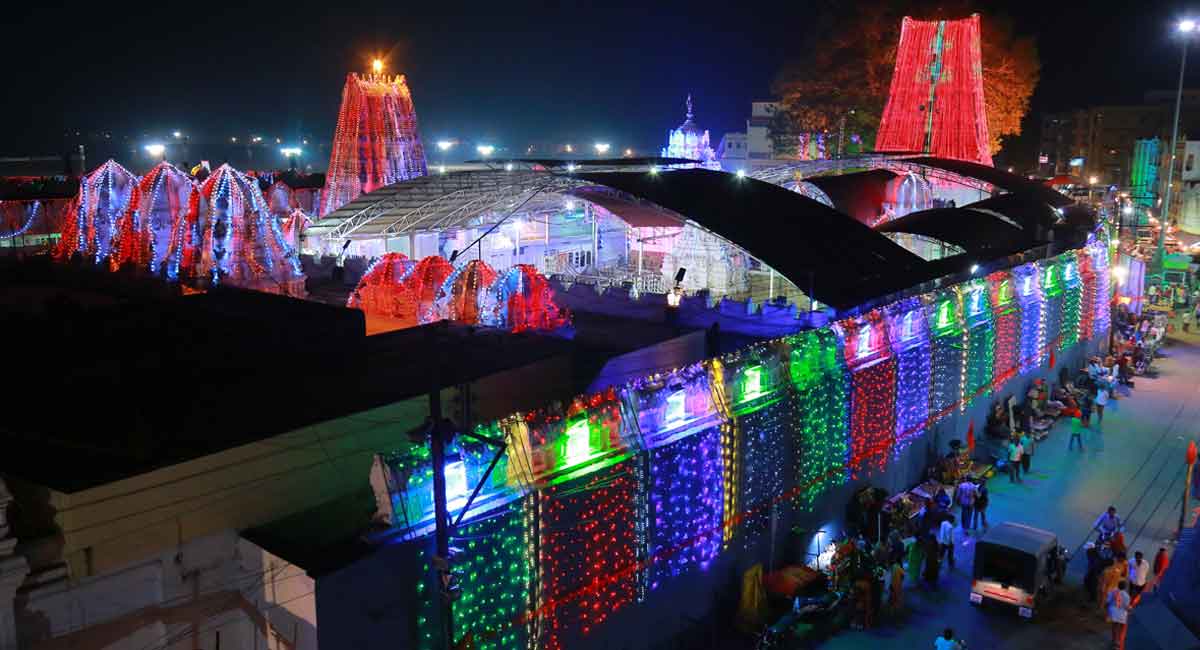
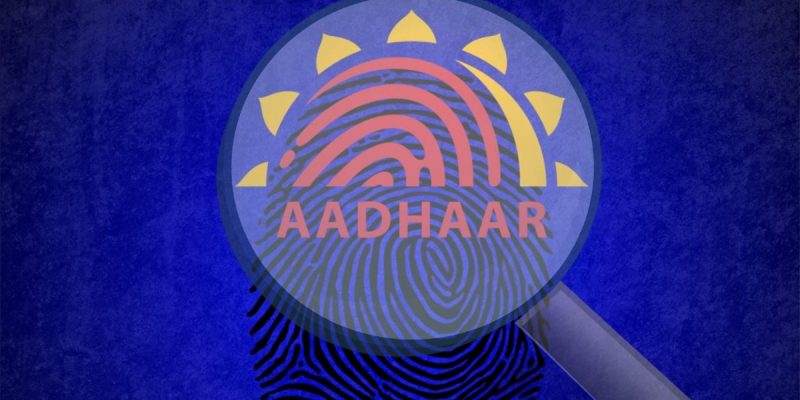
.jpg)
.jpg)
.jpg)
.jpg)
.jpg)
.jpg)
.jpg)

